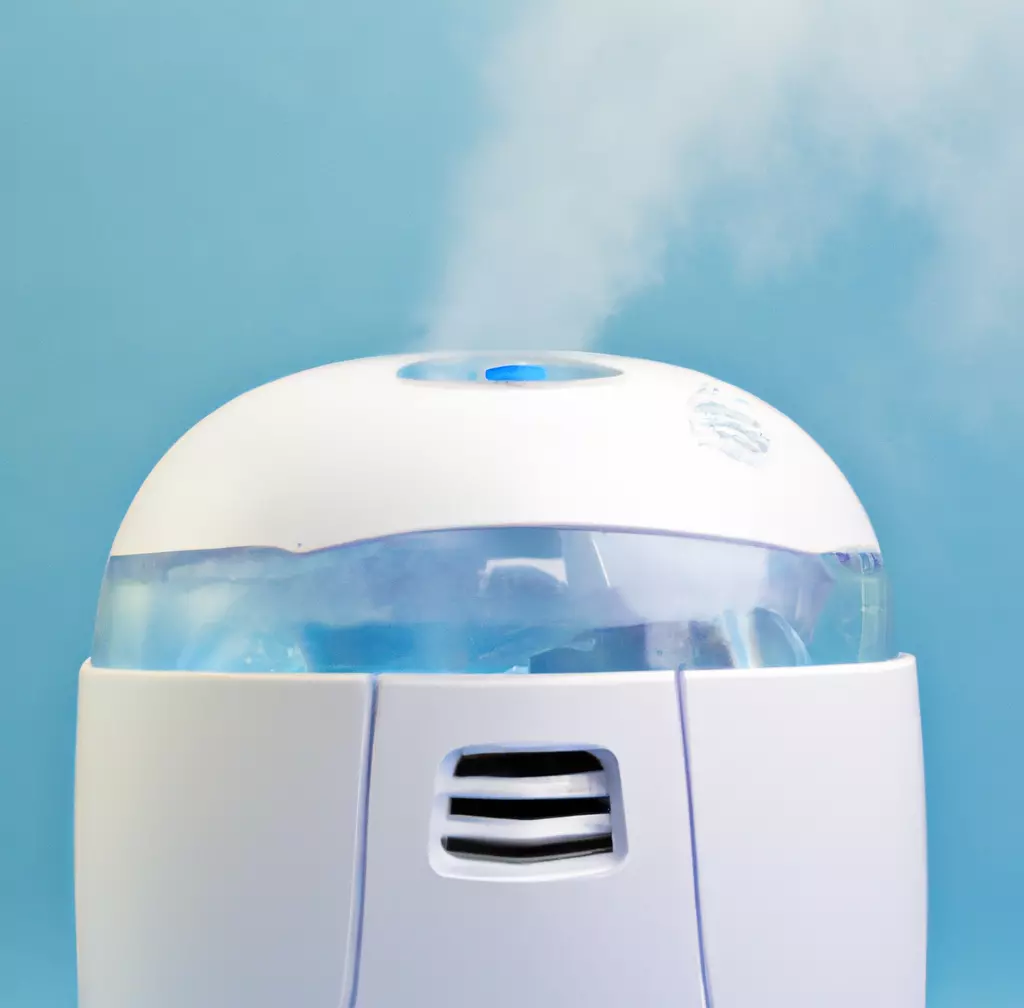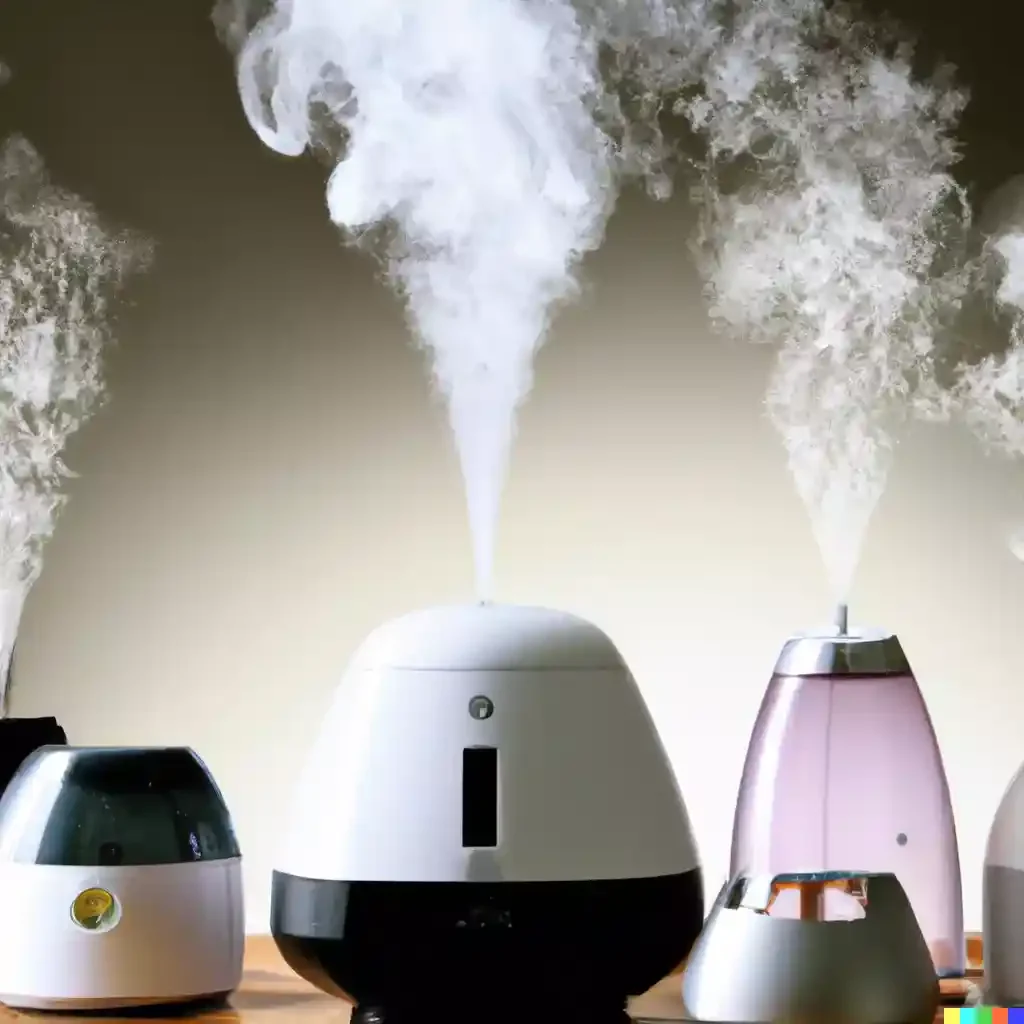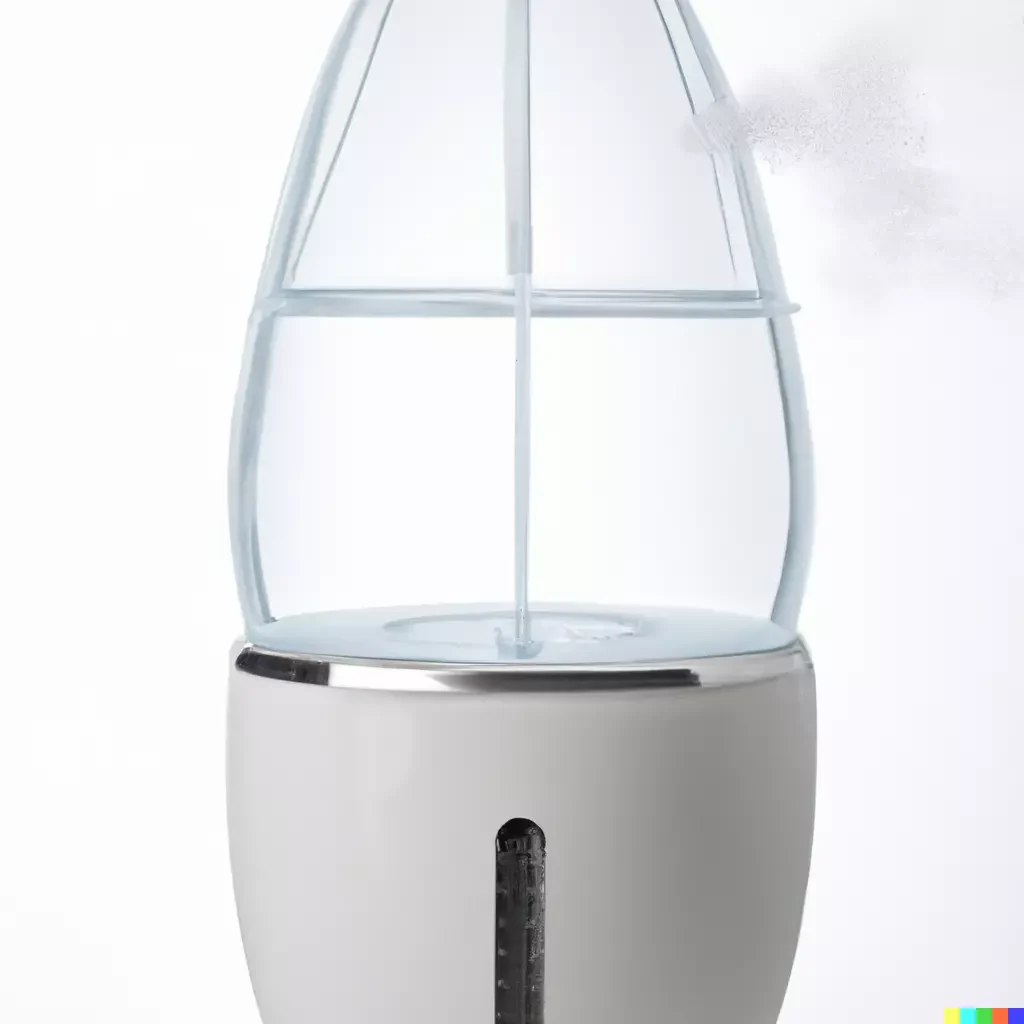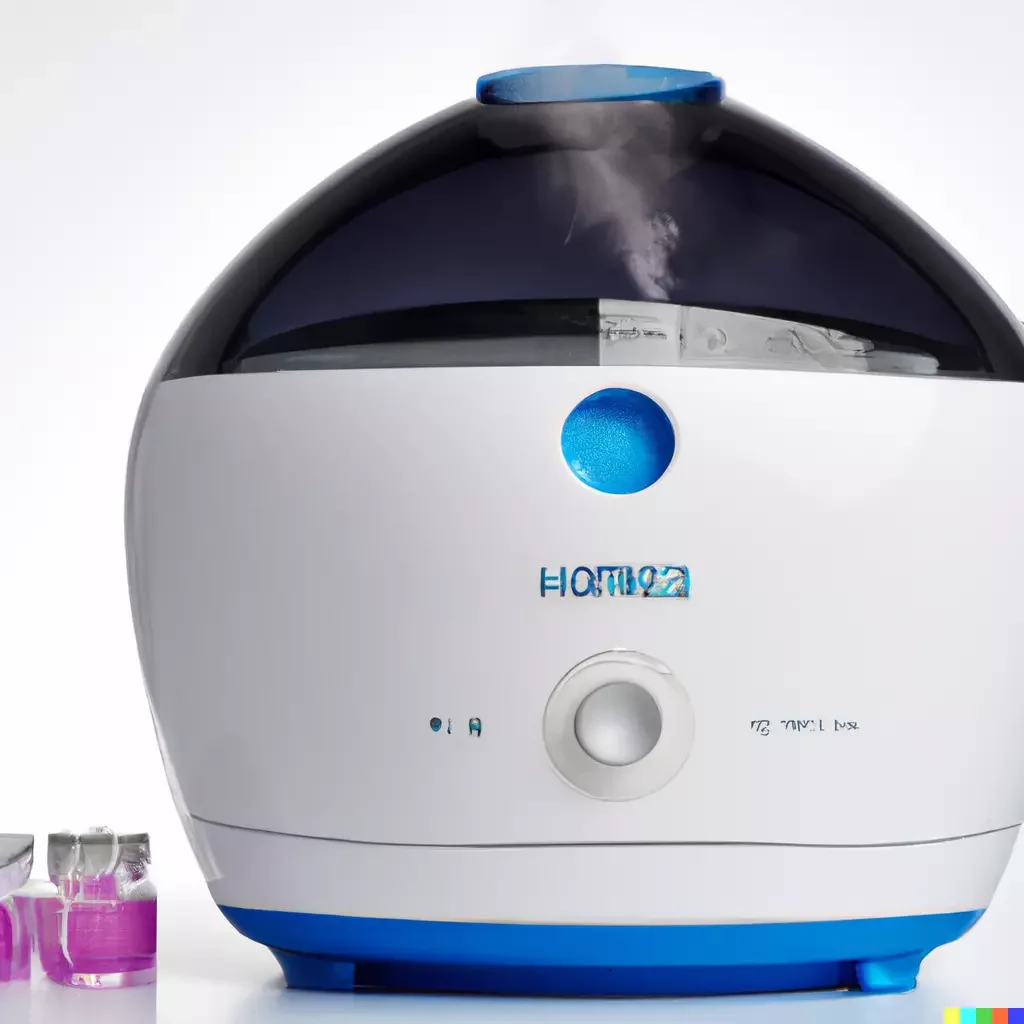Looking for a humidifier to help improve the air quality in your home? Check out our selection of CVS humidifiers. From cool mist to warm mist to ultrasonic, we have a variety of options to suit your needs. Shop now and breathe easy
A CVS humidifier is a type of device that is used to increase the humidity, or moisture, in a room or space. Humidifiers can be helpful in a number of situations, such as when the air is dry due to low humidity or when you have a cold or other respiratory illness.
CVS is a pharmacy and retail chain that sells a variety of products, including humidifiers. You can find CVS humidifiers in stores or online at the CVS website.
It is important to follow the instructions for the use and maintenance of your humidifier to ensure it is working properly and to prevent any potential health risks.
Instructions For CVS Humidifier
It is important to follow the instructions for the use and maintenance of your CVS humidifier to ensure it is working properly and to prevent any potential health risks. Here are some general instructions for using a humidifier:
- Fill the humidifier’s water tank with clean, cool water.
- Place the humidifier on a stable, flat surface in the room where you want to use it.
- Plug the humidifier into an electrical outlet.
- Follow the manufacturer’s instructions to turn the humidifier on and adjust the humidity settings.
- Clean and maintain the humidifier regularly to prevent the growth of mold and bacteria. This may include cleaning the water tank and other humidifier parts, replacing filters, and using a water treatment solution to help prevent the growth of microorganisms.
Always read the manufacturer’s instructions before using a humidifier, and follow the recommended maintenance and cleaning procedures. If you have any questions or concerns about using your CVS humidifier, you should contact the manufacturer or a qualified healthcare professional for further guidance.
CVS Humidifier For Babies
A humidifier can be helpful for babies in certain situations, such as when the air is dry or when a baby has a cold or other respiratory illness. Humidifiers can help to increase the humidity in the air, which can help to alleviate dryness and congestion.
If you are considering using a humidifier for your baby, it is important to follow the manufacturer’s instructions carefully and to use the humidifier in a safe manner. Here are some general guidelines for using a humidifier with a baby:
- Use a cool mist humidifier rather than a warm mist humidifier. Cool mist humidifiers are generally considered to be safer for use around babies because they do not use heat to generate the mist.
- Keep the humidifier out of reach of your baby to prevent accidents.
- Clean and maintain the humidifier regularly to prevent the growth of mold and bacteria. This may include cleaning the water tank and other parts of the humidifier, replacing filters, and using a water treatment solution to help prevent the growth of microorganisms.
- Do not let the humidifier run continuously for extended periods of time. Instead, use it for short periods of time when needed.
- Monitor the humidity levels in the room to ensure that they are not too high, as excessive humidity can lead to the growth of mold and other unhealthy conditions.
If you have any questions or concerns about using a humidifier with your baby, you should consult with a healthcare professional for further guidance.
Ultrasonic CVS Humidifier
An ultrasonic humidifier is a type of humidifier that uses high-frequency vibrations to create a fine mist that is released into the air.
This mist is created by vibrating a metal diaphragm at a high frequency, causing the water in the humidifier’s tank to be atomized into small droplets. The droplets are then released into the air through a diffuser or other device.
CVS is a pharmacy and retail chain that sells a variety of products, including humidifiers. You may be able to find CVS ultrasonic humidifiers in stores or online at the CVS website.
It is important to follow the instructions for the use and maintenance of your CVS ultrasonic humidifier to ensure it is working properly and to prevent any potential health risks.
This may include cleaning the humidifier regularly, replacing filters, and using a water treatment solution to help prevent the growth of microorganisms.
If you have any questions or concerns about using your CVS ultrasonic humidifier, you should contact the manufacturer or a qualified healthcare professional for further guidance.
Vicks CVS Humidifier
Vicks is a brand of over-the-counter healthcare products that is known for its line of cold and flu remedies, including humidifiers.
CVS is a pharmacy and retail chain that sells a variety of products, including Vicks humidifiers. You may be able to find CVS Vicks humidifiers in stores or online at the CVS website.
Vicks humidifiers are designed to help alleviate the symptoms of colds and flu by increasing the humidity in the air. There are several types of Vicks humidifiers available, including cool mist humidifiers, warm mist humidifiers, and ultrasonic humidifiers.
It is important to follow the instructions for the use and maintenance of your CVS Vicks humidifier to ensure it is working properly and to prevent any potential health risks.
This may include cleaning the humidifier regularly, replacing filters, and using a water treatment solution to help prevent the growth of microorganisms.
If you have any questions or concerns about using your CVS Vicks humidifier, you should contact the manufacturer or a qualified healthcare professional for further guidance.
Best CVS Humidifier
It can be difficult to determine the best CVS humidifier without more information about your specific needs and preferences.
There are several factors to consider when choosing a humidifier, including the size of the space you need to humidify, the type of humidifier (cool mist, warm mist, or ultrasonic), and your budget.
Cool mist humidifiers are generally the most popular type of humidifier, as they are relatively inexpensive and easy to use. They work by blowing air through a wet wick, filter, or other media to add moisture to the air.
Opt for cool mist humidifiers in homes with children or pets to eliminate the risk of burns from hot water or steam.
Warm mist humidifiers vaporize water with heat, releasing a warm, visible mist into the air.
They are often quieter than cool mist humidifiers and may be more effective at relieving congestion, but they can be more expensive to operate due to the energy required to heat the water.
Ultrasonic humidifiers use high-frequency vibrations to create a fine mist that is released into the air. They are relatively quiet and can be effective at increasing humidity, but they can be more expensive than other types of humidifiers.
Ultimately, the best CVS humidifier for you will depend on your individual needs and preferences. It is a good idea to do some research and read reviews before making a purchase to help you find a humidifier that meets your needs.
Conclusions
Consider your needs and preferences when selecting a humidifier. Research and reviews can guide you to one that meets your requirements and fits your budget. Follow usage and maintenance instructions for proper functioning and to avert health risks. Consult a healthcare professional for guidance if you have questions or concerns about using a humidifier.
FAQs
Here are some frequently asked questions about humidifiers:
1. How do humidifiers work?
Humidifiers work by adding moisture to the air in a room or space. There are several types of humidifiers, including cool mist, warm mist, and ultrasonic humidifiers. Cool mist humidifiers use a fan to blow air through a wet wick, filter, or other media to add moisture to the air.
Warm mist humidifiers vaporize water using heat, releasing a warm, visible mist. Ultrasonic humidifiers, on the other hand, use high-frequency vibrations to create and release a fine mist into the air.
2. Why would I need a humidifier?
There are several reasons why someone might need a humidifier, including:
- To alleviate dryness and irritation of the skin, eyes, and throat caused by dry air
- To help relieve congestion and other respiratory symptoms caused by colds, flu, or allergies
- To help reduce static electricity in the air
- To help protect wood furniture and musical instruments from drying out and cracking
3. How do I clean and maintain my humidifier?
It is important to clean and maintain your humidifier regularly to prevent the growth of mold and bacteria.
This may include cleaning the water tank and other parts of the humidifier, replacing filters, and using a water treatment solution to help prevent the growth of microorganisms.
Always follow the manufacturer’s instructions for cleaning and maintaining your humidifier.
4. Are humidifiers safe to use?
In general, humidifiers are safe to use when they are used and maintained properly. Follow the manufacturer’s instructions for your humidifier’s proper use and maintenance to ensure it works well and prevents health risks.
Consult a healthcare professional for guidance if you have questions or concerns about using a humidifier.
5. How do I choose the right humidifier for my needs?
To choose the right humidifier, consider your space size, humidifier type, and budget. Cool mist humidifiers, popular for their affordability and ease, add moisture by blowing air through a wet medium. Warm mist humidifiers, using heat to vaporize water, release a warm mist, offering quiet operation and congestion relief but with higher operational costs. Ultrasonic humidifiers, using high-frequency vibrations, create a fine mist and are quiet and effective but can be pricier. Evaluate your needs for an informed decision.
6. How do I know if the humidity level in my home is too low or too high?
The ideal humidity level for a home is between 30-50%.
You can use a hygrometer, which is a device that measures humidity, to determine the humidity level in your home. If the humidity level is too low, you may notice symptoms such as dry skin, dry throat, or static electricity.
If the humidity level is too high, you may notice symptoms such as condensation on windows or an increase in allergens such as dust mites and mold.
7. Can I use a humidifier with a young child or infant?
A humidifier can be helpful for young children and infants in certain situations, such as when the air is dry or when a child has a cold or other respiratory illness.
However, it is important to use the humidifier safely and to follow the manufacturer’s instructions carefully.
For young children or infants, opt for a cool mist humidifier to eliminate the risk of burns from hot water or steam.
It is also important to keep the humidifier out of reach of young children and to clean and maintain the humidifier regularly to prevent the growth of mold and bacteria.
If you have any questions or concerns about using a humidifier with a young child or infant, you should consult with a healthcare professional for further guidance.





